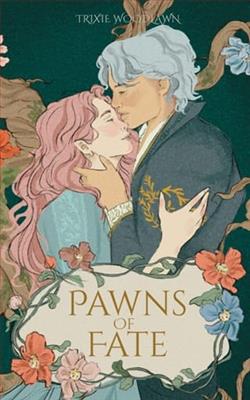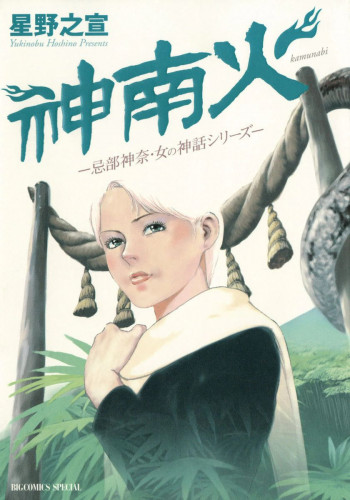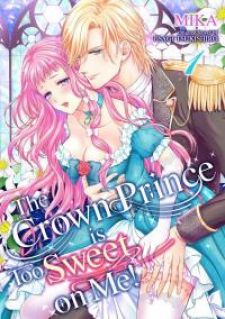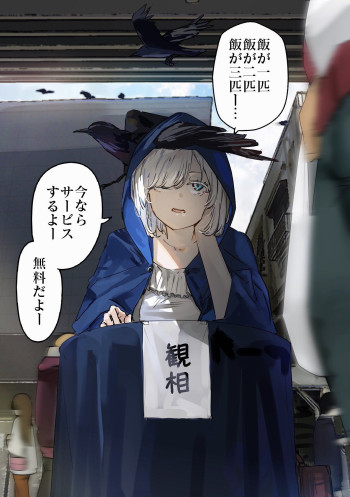Martial Peak Reviews
Trixie Woodlawn's Pawns of Fate is a compelling narrative that weaves together themes of duty, identity, and the struggle for autonomy within a richly imagined world of magic and political intrigue. At its core, the novel explores the lives of two characters, Rose Robson and Nicholas Sharp, who find themselves entangled in a web of familial expectations and societal pressures. Through their journey, Woodlawn crafts a story that is both a personal quest for belonging and a broader commentary on the nature of power and destiny.
From the outset, Rose Robson is portrayed as a character caught between her desires and the demands placed upon her by her uncle. Her role as a pawn in her uncle's political machinations is a poignant reflection of the broader theme of control and manipulation that runs throughout the novel. Rose's longing for a family that truly values her is a universal desire, making her a relatable and sympathetic protagonist. Woodlawn skillfully uses Rose's internal conflict to explore the tension between personal agency and external control, a theme that resonates deeply in a world where individuals are often seen as mere instruments in the grand schemes of those in power.
Nicholas Sharp, on the other hand, presents a different facet of this theme. As the least talented lightning mage in his family, Nicholas is driven by a sense of duty to strengthen his family's position through strategic alliances. His practical nature and acceptance of his role highlight the societal expectations placed on individuals to conform to predefined roles. However, his unexpected connection with Rose introduces a new dynamic, challenging his preconceived notions and prompting him to reconsider his path. This shift in Nicholas's character is a testament to Woodlawn's ability to craft multidimensional characters who evolve in response to their circumstances.
The relationship between Rose and Nicholas serves as the emotional heart of the novel. Their initial meeting at the celebration for Luanna, Nicholas's intended bride, is a pivotal moment that sets the stage for the unfolding drama. Woodlawn's portrayal of their growing bond is both tender and realistic, capturing the complexities of love and the courage required to defy societal norms. The decision to marry Rose instead of Luanna is not just a personal choice for Nicholas; it is a bold statement against the rigid structures that govern their world. This act of defiance underscores the novel's exploration of the power of individual choices in shaping one's destiny.
Beyond the personal narratives of Rose and Nicholas, Pawns of Fate delves into the broader political landscape of a land teeming with monsters and magic. The rise of sinister powers serves as a backdrop to the central story, adding layers of tension and urgency. Woodlawn expertly balances the intimate and the epic, ensuring that the personal stakes of the characters are never overshadowed by the larger conflict. This dual focus enriches the narrative, providing a nuanced exploration of how personal and political realms intersect and influence one another.
In terms of world-building, Woodlawn excels in creating a vivid and immersive setting. The magical elements are intricately woven into the fabric of the society, enhancing the sense of wonder and danger that permeates the story. The presence of monsters and the looming threat of dark forces add a sense of foreboding, heightening the stakes and driving the narrative forward. Woodlawn's attention to detail in crafting this world is commendable, as it allows readers to fully engage with the story and its characters.
Comparatively, Pawns of Fate shares thematic similarities with works like Naomi Novik's Uprooted and Sarah J. Maas's A Court of Thorns and Roses series. Like these novels, Woodlawn's story explores the interplay between personal desires and societal expectations within a fantastical setting. However, what sets Pawns of Fate apart is its focus on the concept of being a pawn in a larger game, a theme that is explored with depth and nuance. Woodlawn's ability to intertwine personal growth with political intrigue results in a narrative that is both thought-provoking and emotionally resonant.
Overall, Pawns of Fate is a captivating tale that offers a fresh perspective on the fantasy genre. Woodlawn's skillful character development and thematic exploration make it a standout read for fans of fantasy and romance alike. The novel's exploration of identity, power, and the courage to forge one's path is both timeless and timely, offering readers a story that is as engaging as it is meaningful. For those seeking a narrative that combines the personal with the epic, Pawns of Fate is a must-read that promises to leave a lasting impact.
























Reviews 0
Post a Reviews: